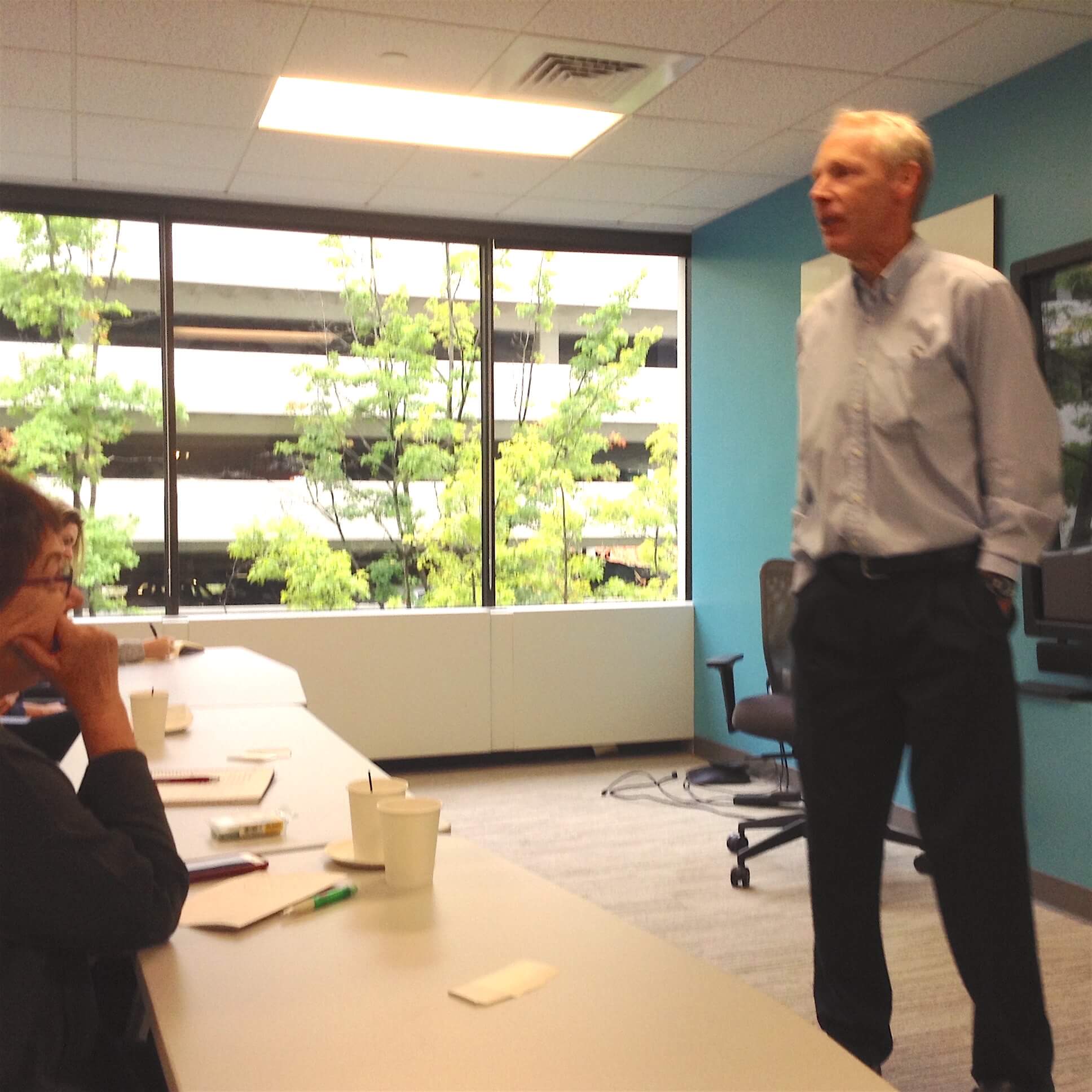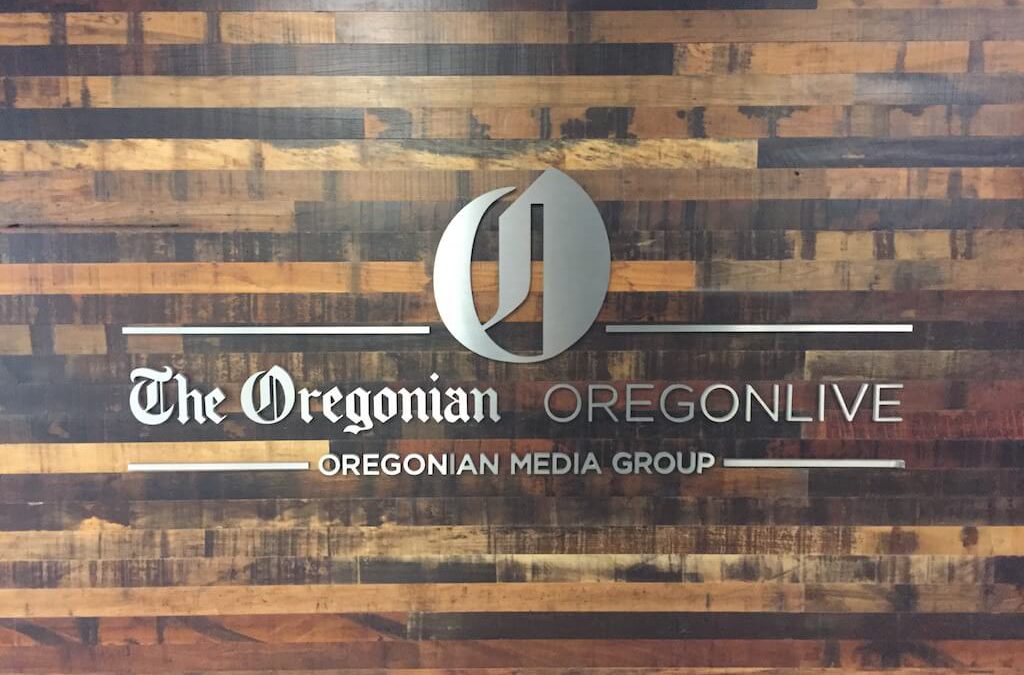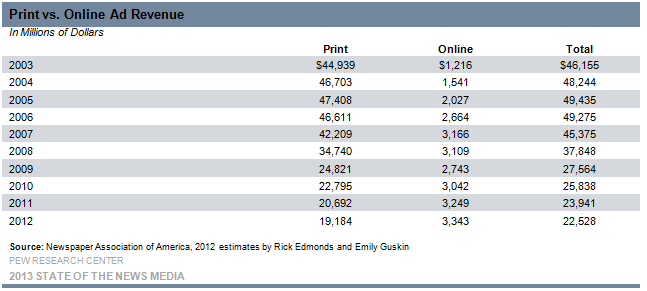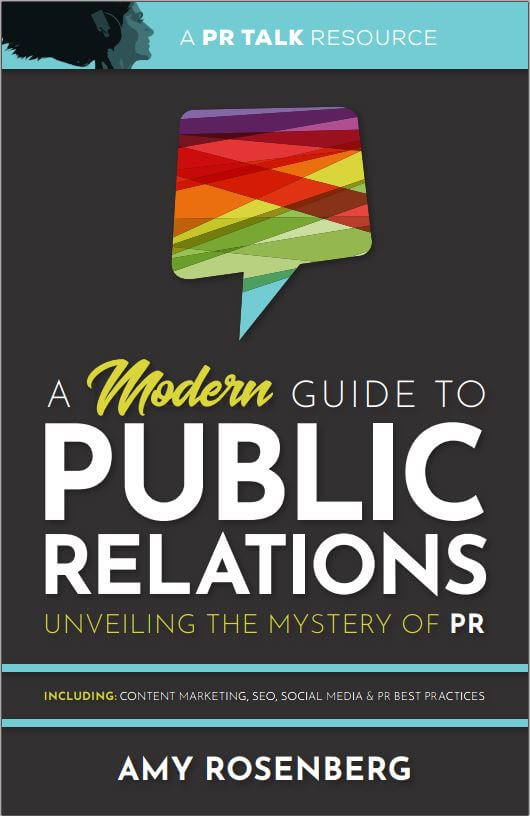Last month I was fortunate enough to attend an event hosted by the Portland chapter of the Public Relations Society of America. Occurring somewhat regularly, PRSA partners with local media outlets to introduce public relations professionals to members of the media. In this particular instance, 25 industry professionals gained access to the tightly secured headquarters of The Oregonian/OregonLive. The subject of the morning: Jeff Manning.
A career journalist, Manning joined the Oregonian newsroom in 1994 and has since embodied an investigative approach to the trade, acting as a necessary check and balance on the distribution of power within state government and business enterprise. Alongside his success, however, Manning’s tenure at The Oregonian has also made him a close witness to the rampant changes facing the daily newspaper.

It’s no secret that print journalism is in sharp decline, and Manning did well to acknowledge the somewhat dismal portrait of the current industry. In 2013, The Oregonian’s owner — New Jersey-based, Advance Publications Inc. — announced it would slash the daily’s home delivery to four days a week and lay off staff. This move came in conjunction with the creation of Oregonian Media Group, a syndicated management meant to house The Oregonian and its online affiliate, OregonLive.com. According to then-publisher, N. Christian Anderson III, the restructuring was an effort to support a “digital-first company.”
The Oregonian is certainly not the only local outlet that has faced big shifts like this. Just last month, Trib Total Media (TTM), a conglomerate in Southwestern Pennsylvania, told readers through a release that the Pittsburgh Tribune-Review would no longer offer its print edition and would, in effect, become yet another online-first publication. The slash of print resulted in the laying off of 106 staff members.
In the wake of these monumental cutbacks, it’s easy to spot one of the major contributing factors responsible for these industry changes — advertising revenue. In 2013, The Pew Research Center published its Annual Report on American Journalism, in which Pew released a table depicting the evolution of print versus online advertising revenue. From 2003 to the end of 2012, digital advertising revenue rose from $1.2 billion to $3.3 billion — great! Over that same ten-year period however, total print advertising revenue dropped over $25 billion — not so good. So while revenue for online ads is increasing modestly, it isn’t nearly a big enough moneymaker to cover the losses in print. In total, advertising revenue shrank by more than half in just ten years, putting the entire industry in a tightening bind.
At no point during the lecture did Manning come across sounding defeatist — he simply donned his economic Darwinian cap underlining that today’s shifts and pressures on local newspapers are just a new set of obstacles to overcome in order to survive. The moral of the story? As public relations professionals, we bear some brunt of the impact as well. We depend on newspapers like these for results, and in effect, our careers are at the mercy of the reporters.
To expand the scope even further, newspapers drive a majority of the information food chain to everyone, not just those immediately in the profession. Reporters like Jeff Manning, who have dedicated their careers to chasing down important, investigative stories are absolutely integral to our political and economic landscape. So while the industry may be in a state of shock and recovery, it must recover, otherwise the door will be left wide open.
Do you want an actionable item? Support and read your local newspapers. Picking up a home subscription of your community paper allows Manning, and reporters like him, the necessary platform to keep vital information in circulation.






